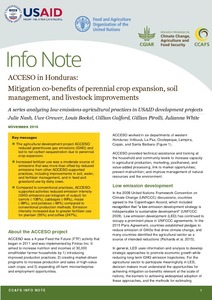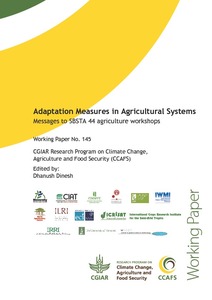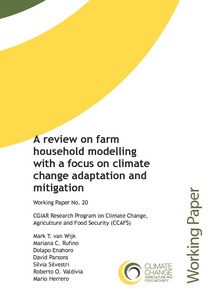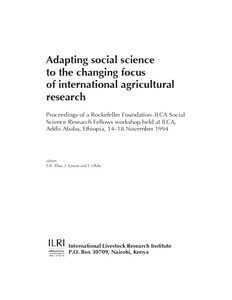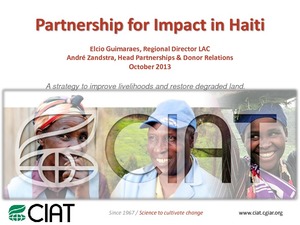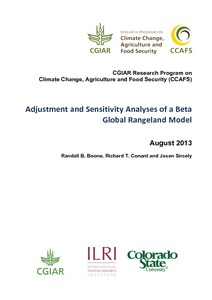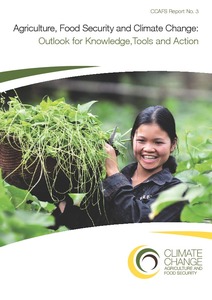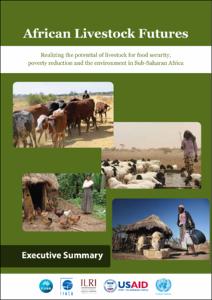A widespread facultative hemi-parasitic weed, threatening rice production in Africa
Rhamphicarpa fistulosa is a facultative hemi-parasitic plant of the Orobanchaceae family, adapted to wet soils. Apart from tropical Australia, it is only found in sub-Saharan Africa, where it is considered a minor weed in cereal crops such as rice. Due to this status, the species has received only sporadic attention. Recent field observations and encounters with rice farmers in several African countries showed that R. fistulosa is, however, a more serious and increasing production constraint than previously thought.


